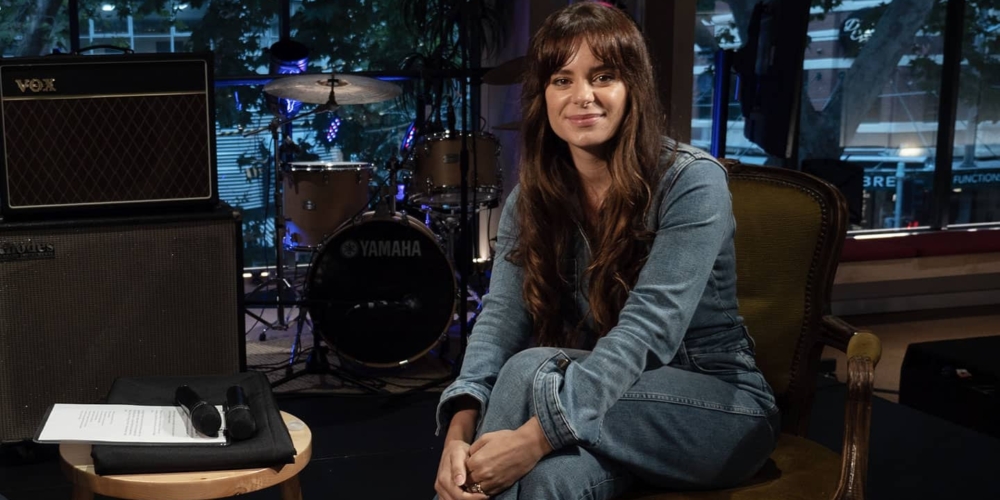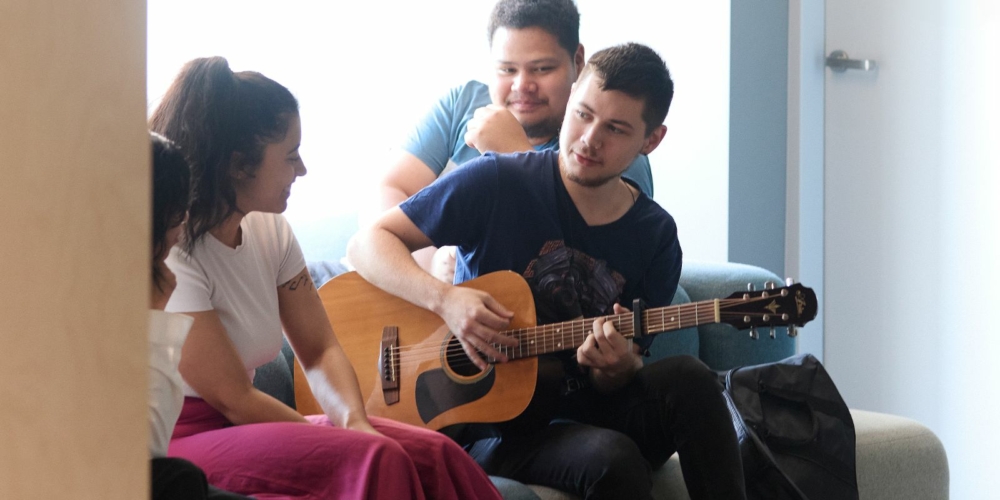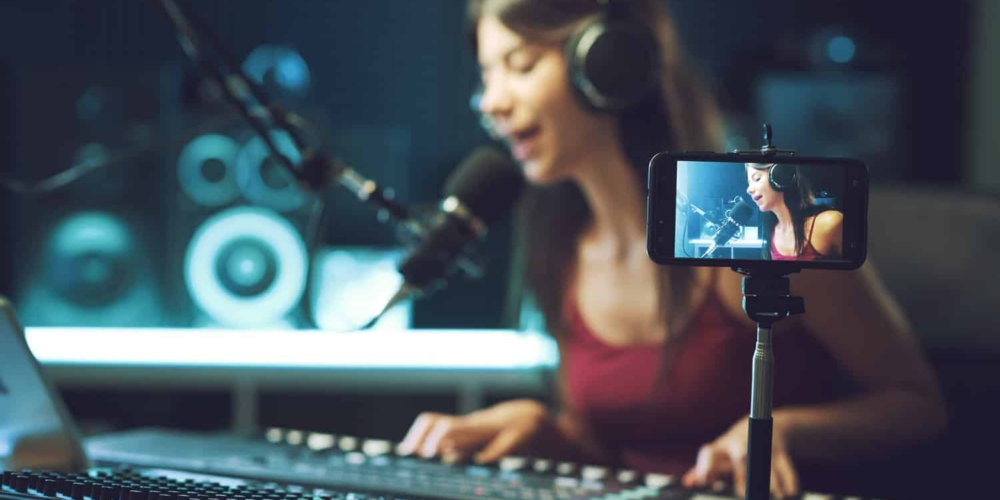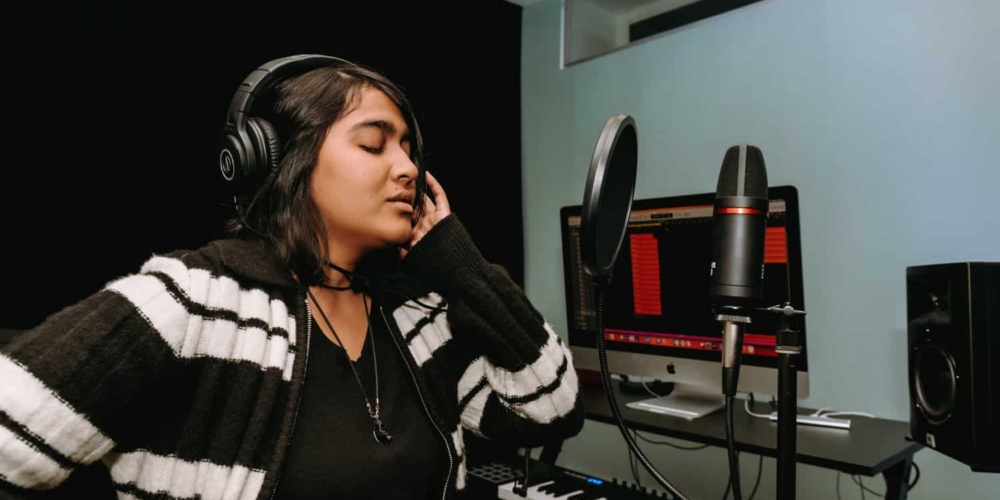Poppy Reid is the Managing Editor of Australia’s largest independent music media company, The Brag Media. She oversees titles including Rolling Stone Australia, Variety Australia, Tone Deaf, The Brag, The Industry Observer and Don’t Bore Us. Poppy is this week’s guest on the AIM Music Industry Insights podcast. She discusses her incredible career in the music media, creating space for young women, mental health, identifying your mentors and lots more. Listen to the podcast on Spotify Podcasts or Apple Podcasts.
What music journalism can do that social media can’t
Poppy Reid: I’m very passionate about telling people’s stories. I think it’s a very beautiful, privileged thing to be able to connect fans with an artists’ music even more so than they’re able to do with the avenues that they have.
I think that journalists really are able to provide this context that maybe the artists themselves aren’t able to offer and I just don’t think there’s anyone more fascinating to me that a musician. Maybe because I don’t write or play or sing, I just find them such incredible people.
The fact that music can make you cry over just an arrangement with no lyrics at all just blows my mind. It can make you want to dance. When I was young – especially when I was in my emo phase – listening to a lot of Fall Out Boy and Paramore made me feel really seen and not alone. So it was this connection that I had to music and the way it helped me through my own self esteem issues, all of that stuff. It’s a very beautiful thing that an artist does.
Advice for young women and men in music
For the boys: Make space, keep making space.
Poppy Reid: Why not have a female or non-male in your band? Why not have more women in your social circles so that you can consult them when you are working through a decision?
Your mentor doesn’t need to know that they’re your mentor.
Poppy Reid: All my mentors don’t actually know they’re my mentors. We go out for a walk, or I have a meeting where they’re talking to me about things related to my role, but I’m really gauging their advice on certain things that I’m working through. It has to be reciprocal, you have to try and give as much as you get, but they don’t actually need to know.
The music industry is full of very friendly, lovely people. As much as I have talked about misogynists and sexists in the industry, there are so many beautiful people that are willing to help that are willing to pay it forward because that someone helped them when they were younger, and they were just coming up. Don’t be afraid to just reach out to that person and see whether you can buy them a coffee or take them to lunch. There is absolutely nothing wrong with that. I don’t find that creepy, I find that genius.
Don’t feel like you are defined by your missteps.
Poppy Reid: I have messed up royally in the past, I have done major f-ups. And I used to think like, Oh, god, that’s the end of me or my reputation’s out the door. And it’s not – what you have done is not who you are.
We have a thing in our office at the moment where we have our weekly meeting. And we we nominate one person to talk about a person they’re most proud of. And then an ambitious mistake that they made. Ambitious mistakes are really encouraged in our company.
It’s so freeing to know that I can just mess something up, but it doesn’t define me. I wish I had have known that earlier, I would have got a lot more sleep and not stressed so much about little things that I’d messed up. If you’re not messing up, then you’re not really trying to push the boundaries of what you’re doing.
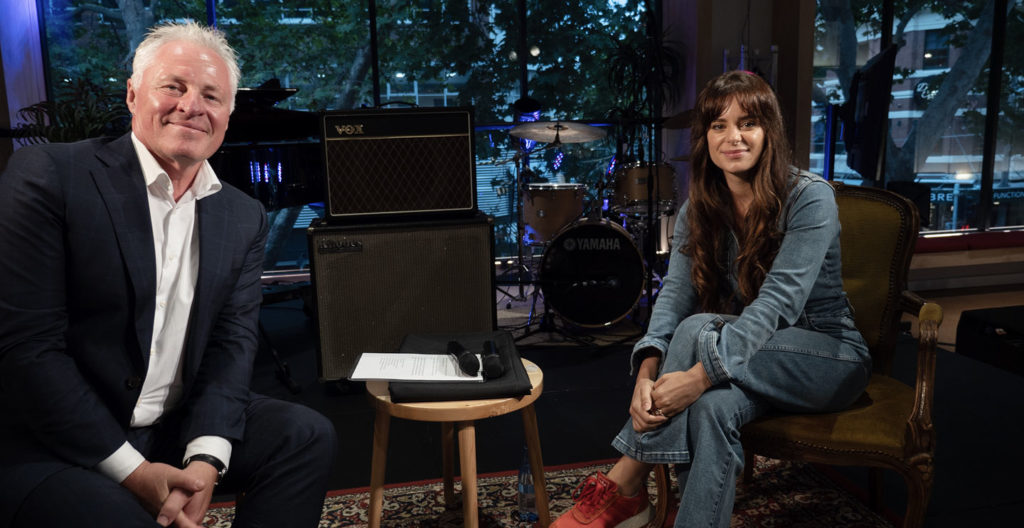
Making space for women in music
Poppy Reid: This industry has a massive problem with abuse of power. Absolutely. You look at the Harvey Weinstein “Me Too” movement that happened in 2016 and 2017, and you just think of him as this monster – this awful, awful being. Unfortunately, there are Harvey Weinsteins in every single industry. And these women are scared, so scared to come forward. They’re so scared to tell their stories. They’re so scared to tell media. And in Australia, the biggest issue and the reason why they don’t tell media is our defamation laws. Our defamation laws protect abusers right now. I was told by our lawyer this week that the defamation laws are looking to change. New South Wales is on board, we just need the rest of the country to be on board. It will change [things], to be able to name these perpetrators. Yeah, so I’m really looking forward to that.
I do believe that creating space is going to be the way up and, you know, leaving this space open for women to come and take these leadership roles. I think that’s the only way that we’re going to see true change is if more women have leadership roles. The women that I know that are leaders in this industry have a very beautiful way of working, which I think is needed across the entire industry. It’s not even really a gender thing. It’s just a feminine energy. In a managerial role (when it comes to these women), a couple of things that I notice about them is that they’re very transparent, and very empathetic. And I think that that is so needed in this industry, there’s nothing that I think Gen Z wants more than empathy and understanding of their situation and who they are. And transparency.
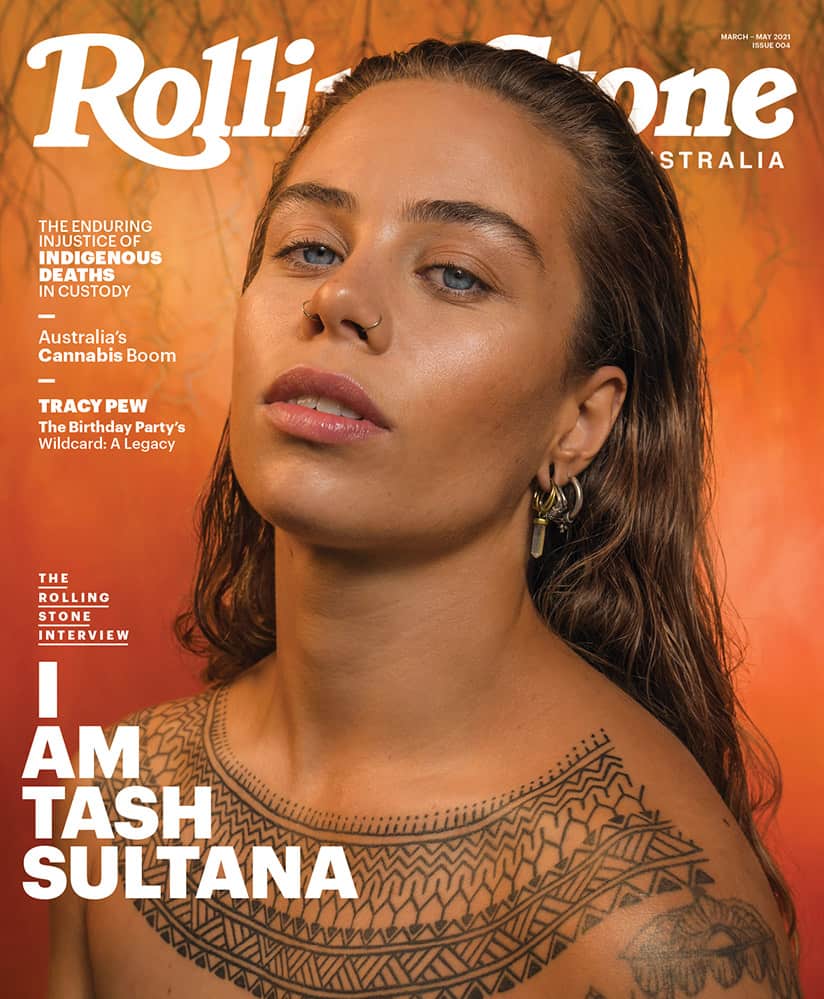
Mental health in the music industry
Host Ed St John: So another topic that seems to come up a lot is the issue of mental health in the music industry. The statistics all reveal that musicians and music industry professionals are over-represented in terms of anxiety and depression and other mental health issues. Support Act has got a lot of great research in this. And needless to say, the last year hasn’t helped. As someone in the music media, how do you rate all that?
Poppy Reid: I think you’re right, I think we’re becoming more aware of it. But one thing I have noticed from interviewing artists is that they seem to all struggle or have mental health conditions. You know … this industry unfortunately isn’t the greatest space for artists. When it comes to a mental health condition, sometimes artists might be on tour and then a tour bus and then a plane and they haven’t seen daylight in three days. And then some artists are being paid with alcohol, which is just the worst.
For me personally, from being in this industry and talking to these artists and talking to staff who have mental health issues, I’ve really noticed my own … I use writing to get through my mental health issues … you know, I did an article on my binge eating disorder, which was really interesting and cathartic to write about. And I had a lot of people reach out to me and say, you know, your article really helped me and I had ABC reach out and do a story and interview me for it. And I’ve done a couple of other things as well, where I’m kind of working through mental health things. Right now a huge focus for me is learning about my own heritage. I’m from New Zealand and New Zealand Maori on my dad’s side. So I’m very passionate about learning about that. So that’s my way of dealing with a lot of my mental health stuff.

